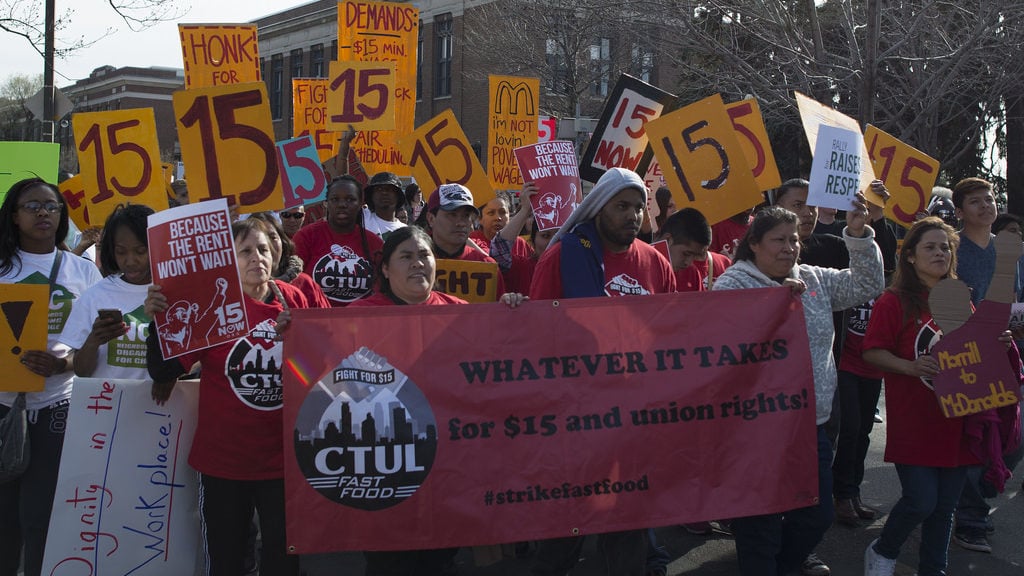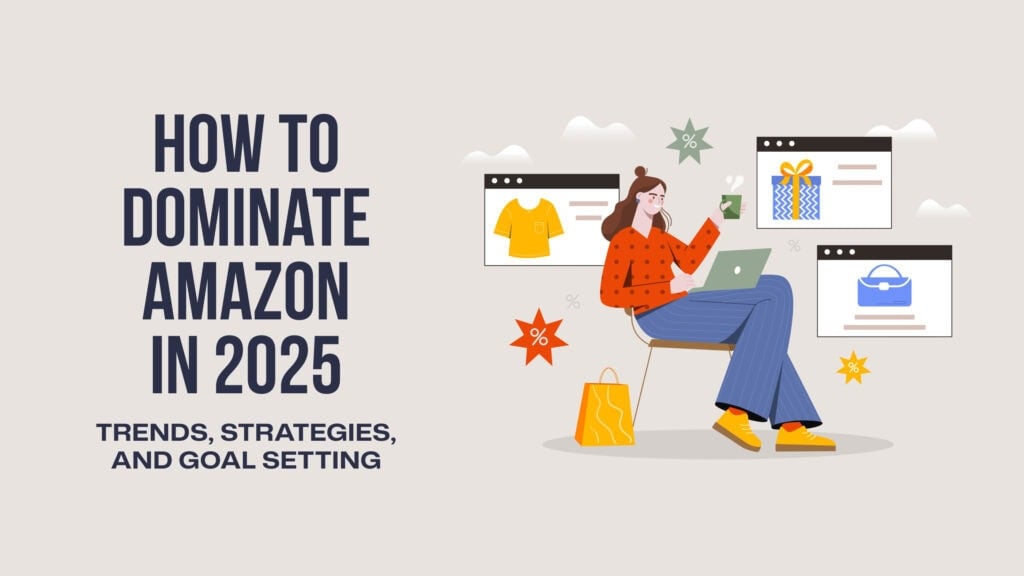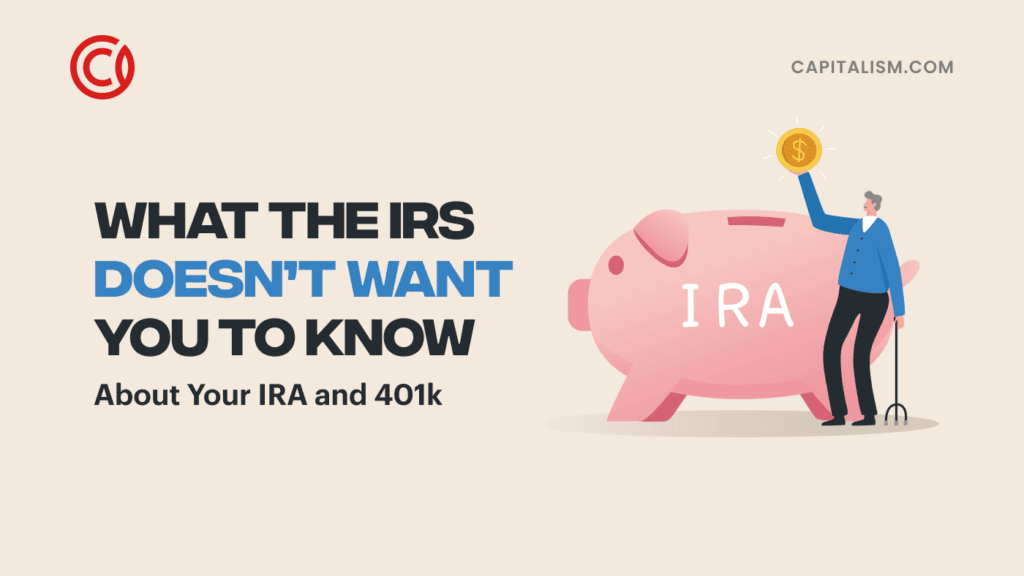The intentions behind raising minimum wage are noble, but the truth is minimum wage hurts both employers and employees alike.
Here’s why:
Consider what would happen if the cost of doing business goes up for a business like McDonald’s. As a business, McDonald's looks for ways to cut costs and increase profitability; so when minimum wage goes up, it is likely that the people who take your order will be replaced by touch screens. From a business perspective, it doesn’t make any sense to pay anyone $15 per hour for simply writing down that you want your McDouble with no pickles and large fries when they can have a machine that will do it for free.
If the minimum wage were to increase in such a way, we would see a scenario like the one above happen on a larger scale with lots of jobs replaced with automation and machine technology. This isn’t just some arguable theory—we’ve already seen this change happen at the movies, fast food restaurants and other places that typically hire minimum wage employees.
Let’s remember when Seattle raised minimum age to $15 per hour. The result? A significant number of businesses of all types left the city because it was too expensive to continue their business in Seattle.
Now, if this kind of change were to be implemented on a national scale there would be so many lower skilled jobs lost, hurting the very people this change was meant to help. This common misconception that we need government to force companies to do the “right thing” and increase wages for their employees not only hurts businesses, but hurts employees too.
The good news? There is currently a very low percentage of people in the U.S. actually making minimum wage with many people making a lot more than that. Those companies that want the most effective employees are already willing and incentivized to give those good employees a raise every few years in order to retain them.











